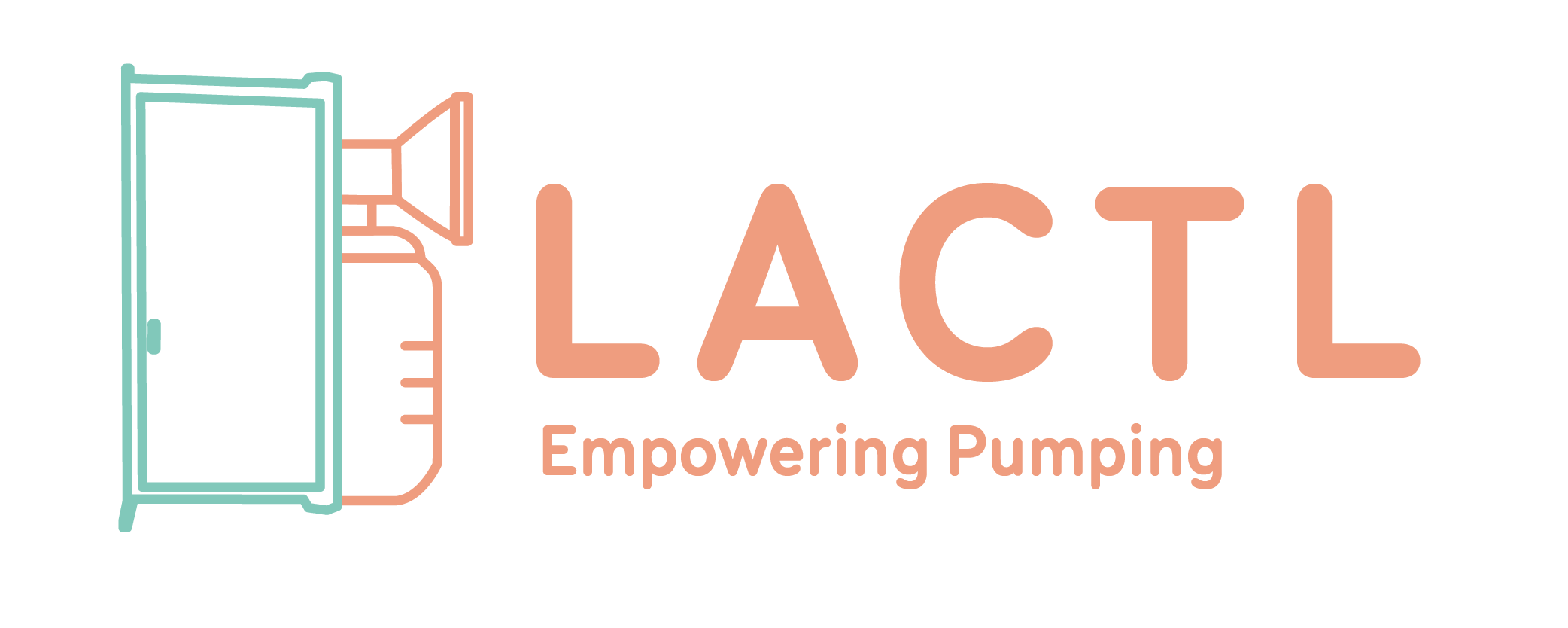Why Dads Deserve Paid Leave Too
Paternity leave is often something unconsidered in the larger conversation over the lack of national paid maternity leave. While the United States only has a handful of states offer paid family leave, we shouldn’t only focus on women getting the rest they need, but the opportunity for partners to take that time off and bond with baby too.
The Facts
According to UNICEF “almost two-thirds of all children under 12 months around the world, which is approximately 90 million people, live in countries with legislations that do not allow fathers to have a single paid day of paternity leave.”
It is expected that companies in these countries would create their own policies, however, this isn’t always the top priority of employers. The Society for Human Resource Management reported that only 29% of organizations offer any form paternity leave at all. On the other hand, around 58% of companies offer some amount of paid maternity leave - which is usually paid through disability leave.
Baby Bonding
Of course, maternity leave is essential for mom to bond, heal and feed baby, but paternity leave need is essential for the solidification of a strong and supportive family unit and relieves mom of the stresses of postpartum life.
It encourages dads (and partners) to develop a positive work-life balance, to feel like they are a bigger part of their child’s life instead of the secondary parent to mom. Paternal leave could completely change the idea that caregiving is a female responsibility. Some studies have shown that dads who take at least two weeks of leave are much more likely to continue their involvement in activities which involve childcaring, such as changing diapers and feeding.
Gender Equality
Hiring Bias, although illegal, is often noted as being hugely impacted by the implications carried by a woman around child-bearing age. Oh no - she may need time off, she won’t be able to work late anymore, she won’t be able to drop everything for us!
Women are often penalized at work for becoming moms as an inconvenience to their employer, and seen as neglectful for returning for work - basically stuck between a rock and a hard place! And the same goes for dad, often praised and celebrated for the simplest parenting feats, yet are unable to take leave to accomplish them. It is no longer only a man’s place in the workplace and a woman’s place at home.
Providing family leave would eliminate the possibility of employment discrimination, allowing moms to return to work sooner with the support from their partner, which may benefit her pay and chances of promotion. Mandatory paid leave for both moms and dads would be a huge help in levelling out the playing field both at work and at home.
Still Some Way To Go
The map below, created and released by The World Policy Analysis Center, shows in which countries paternal leave is established by law. There are 92 countries with a national policy providing paid time off work for dads to care for newborns. In fact, a large number of countries provide paid leave for both moms and dads, yet the US lags behind majorly.
One problem in a few countries is that paternity leave is offered but not always taken, especially if it is elective. Such as in the United Kingdom, where fewer than ⅓ of eligible new fathers take the leave they are entitled to, according to the Independent.
Mandatory paternity leave for both moms and dads, such as in Denmark where parents split 480 days between them and must take at least their mandatory 60 days, would help popularise and normalise paternity leave. However, should we really need to force a partner to stay at home? Is that the solution?
What we do know is that making it a social norm for both parents to be able to care for their newborn and still feel supported by their employers is essential.
Do you think dads deserve paid leave too? Let us know your thoughts in comments down below and remember to subscribe to our blog to receive regular updates and new articles. Whether you are a mother, partner or an employer, join our discussion by following us on our social media: @lactlscreens and use #lactl.


